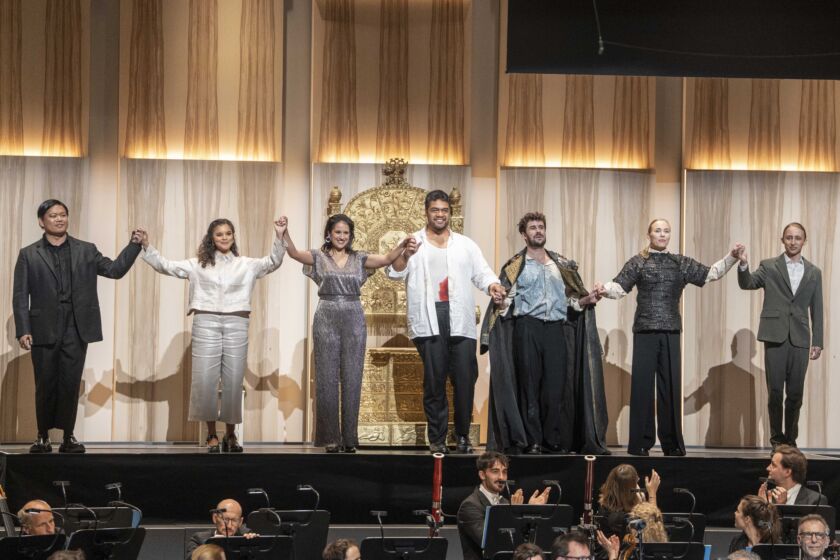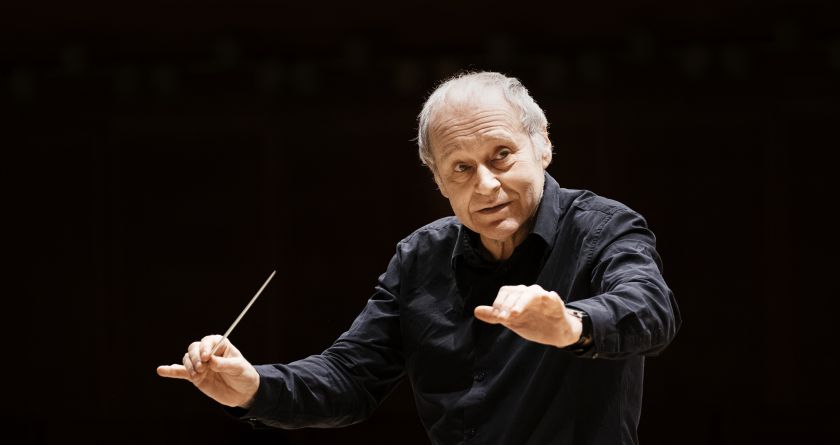Mitridate, re di Ponto
The 2025 Festival summer offers an opportunity to experience two of Mozart’s lesser-known operas in semi-staged productions:
Director Birgit Kajtna-Wönig and conductor Adam Fischer plumb the dramatic depths of Mitridate, Mozart’s early opera seria, while Raphaël Pichon questions what freedom means today in a project focusing on Zaide.


Mitridate, re di Ponto is Mozart‘s first opera seria, composed at the age of 14 and first performed in Milan in 1770. Opera seria – the classical, “serious” Italian opera of the 17th and 18th centuries – might be characterized as a hybrid. It is neither theatre nor concert, but both. Our semi-staged production of Mitridate is an attempt to find a contemporary performance practice for this odd genre, searching for a new narrative form with a choice selection of singers and the great Mozart conductor Adam Fischer. Our goal is to find a form that does this fascinating work justice.
The action focuses on the historical King Mitridate, who waged lengthy wars against the Romans in the first century BC, his sons Sifare and Farnace, and Aspasia, who is desired by both brothers – and also the woman Mitridate pledged to marry before embarking upon his latest campaign. The focus is on the family history, marked by war and an overpowering father figure. We portray the family as a microcosm with its own rules and value judgments, where connection often manifests as love and hatred commingled. The question is how this repetitive loop of hatred can be broken in this story, in which a conflict plays out over generations.
The point of the performance is to show the characters in their authenticity. Opera seria, with its rigid sequence of recitative and arias, here proves an attractive form: the action is driven forward in the recitatives; in the arias, the characters pause and have the space to reveal their emotions. Often, this happens in an eruptive manner, sometimes in a very fragile, vulnerable way. Coloraturas – one of the “trademarks” of opera seria – give the vocalists the opportunity to demonstrate their vocal virtuosity, but to me, they are mainly an expression of highly intimate feelings: it resembles the opening of a valve, the listeners find themselves in the role of voyeurs, given an intimate insight into the state of the character’s soul.
The aria as a suspended, precious moment we may delve into without missing any of the action – that is a notion that is also very important to Adam Fischer in his relationship with opera as an artistic genre. In our production, incidentally, the Mozarteum Orchestra will be part of the overall stage action: it remains visible to the audience and plays on stage, an integrated part of the action.
Birgit Kajtna-Wönig
First published in the Festival insert of Salzburger Nachrichten
